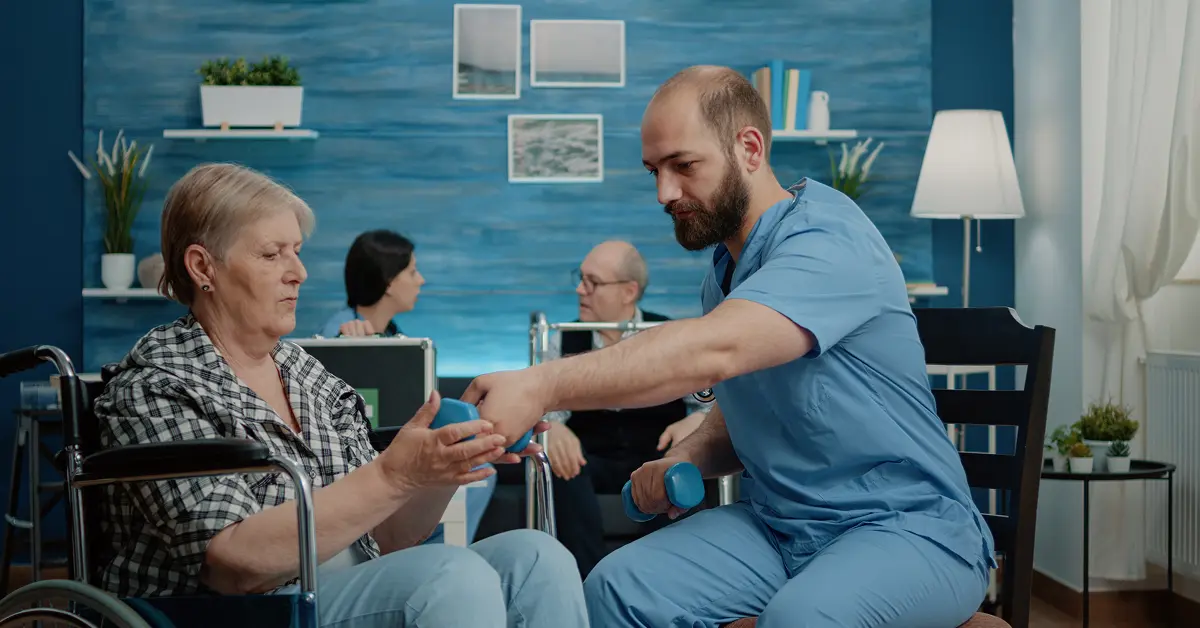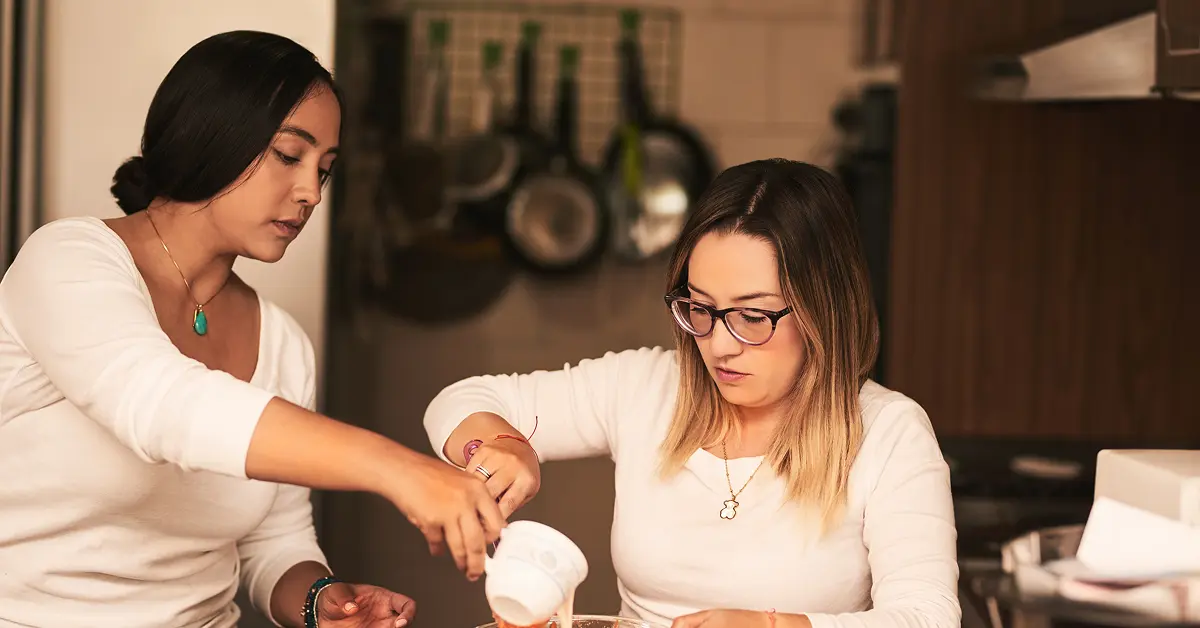As individuals age or recover from medical conditions at home, their health needs can shift quickly and unpredictably. A once stable condition may deteriorate, new symptoms may appear, or mobility may decline. In such scenarios, the role of a caregiver becomes increasingly dynamic. Effective caregiving is not static—it evolves with the person’s health status.
In India, where joint families are common but nuclear living is rapidly rising, professional caregivers have become indispensable. Whether helping an ageing parent with daily activities or supporting a recovering Patient Care caregivers are trained to respond to shifting medical and emotional needs.
Let’s explore how caregivers adapt to changing health conditions, ensuring consistent, responsive, and compassionate care.
Continuous Monitoring and Assessment
Caregivers don’t just follow a static routine; they continuously observe and assess their patient's condition. Any sign of physical or emotional change—such as reduced appetite, mood swings, pain, swelling, or fatigue—is promptly noted and reported.
For example, if a caregiver notices that an elderly person who was previously walking with support is now struggling more than usual, they may update the care plan and introduce additional mobility aids or seek a physiotherapy consultation.
- Keeping a daily health log
- Tracking medication effects
- Monitoring vitals like blood pressure, sugar levels, temperature, etc.
Flexibility in Daily Routines
A person recovering from a stroke or surgery might initially need intensive help with personal hygiene, dressing, and mobility. Over time, as they regain strength, the caregiver shifts from full assistance to partial support, encouraging independence.
Conversely, when a degenerative condition like Parkinson’s or dementia worsens, the caregiver adapts the routine to include more reminders, assistance with feeding, or increased supervision.
- Sleeping schedules
- Diet and meal timings
- Exercise and physiotherapy routines
- Bathing and grooming assistance
Collaborating with Medical Professionals
Caregivers act as a vital communication bridge between the patient and healthcare professionals. They share updates with doctors, therapists, and nurses, which helps in early diagnosis or modification of treatment plans.
In India, especially in Tier 2 and Tier 3 cities where follow-ups may be infrequent due to travel constraints, caregivers often play a central role in liaising with telehealth platforms or mobile medical services.
- Coordinating doctor appointments
- Maintaining medical records
- Ensuring prescription changes are followed
- Assisting during home visits by doctors or nurses
Mental and Emotional Support
Health deterioration can often bring emotional distress—anxiety, depression, fear of dependence. A trained caregiver adapts their tone, behaviour, and interaction methods based on the patient’s emotional state.
For instance, a person with dementia may become anxious in the evening. A caregiver may adjust the lighting, reduce noise, and provide calming activities like soft music or hand massage.
- Talking and listening empathetically
- Engaging in mentally stimulating games
- Offering companionship
- Recognising signs of depression and loneliness
Adjusting Nutrition and Hydration Needs
As health changes, so do dietary requirements. Someone recovering from surgery may need protein-rich diets, while a diabetic elder may require sugar-controlled meals. Similarly, if swallowing becomes difficult, caregivers modify food textures accordingly.
In Indian households, food habits vary widely. Caregivers need cultural sensitivity—knowing what traditional foods can be adapted for specific conditions.
- Changing from solid to mashed or pureed foods
- Introducing high-fibre diets for constipation
- Monitoring salt intake in hypertensive patients
- Encouraging hydration in kidney-related issues
Incorporating Medical Equipment
With health deterioration or improvement, assistive or medical equipment usage may become necessary. From walkers and wheelchairs to oxygen cylinders and feeding tubes, caregivers must learn to operate and maintain these safely.
- Blood pressure monitors, glucometers
- Catheters and colostomy bags
- Nebulizers and oxygen concentrators
- Suction machines and mobility aids
Maintaining Hygiene Amid Changing Needs
When a patient’s mobility reduces, hygiene maintenance becomes more critical. Caregivers switch to bed baths, sponge cleaning, or use of incontinence care methods such as adult diapers or bed protectors.
- Frequent change of linens and clothing
- Use of antiseptic wipes and gloves
- Maintaining clean surroundings
- Managing safe disposal of medical waste
Training and Upskilling
Reputed caregiver services in India ensure that their staff is upskilled regularly. Caregivers are trained in basic first aid, CPR, emergency response, and using digital health apps. If a patient develops a new condition, such as early-stage dementia or post-operative complications, caregivers may undergo specialised training to offer better support.
Family Communication and Updates
Caregivers keep family members informed about any change in the patient’s condition. Whether it's a small behavioural change or a major health shift, timely communication builds trust and ensures the family is involved in decision-making.
For families staying abroad or out of town, many caregiving services in India now offer digital updates through mobile apps or WhatsApp logs, enhancing transparency.
Emergency Preparedness
Conditions like heart failure, stroke, asthma attacks, or falls require quick thinking. Caregivers are trained to handle such emergencies while waiting for ambulance or medical help. They also keep emergency contacts, hospital records, and medications easily accessible.
Having a predefined emergency plan—known by both caregiver and family—ensures quick response and better outcomes.
Final Thoughts
Caregiving is not just about support; it’s about responsiveness. As health conditions evolve, so must care strategies. Whether it’s tweaking a routine, adjusting medications, operating medical equipment, or providing emotional strength, caregivers play a life-saving role in the Indian healthcare ecosystem.
Families must ensure that caregivers are empowered with the right training, tools, and communication channels. When caregivers adapt effectively, the person under care feels more secure, valued, and healthy—both physically and emotionally.
If you're considering professional caregiver services for a loved one, ensure the provider prioritises adaptability and regular health assessments. The journey of recovery or ageing doesn’t remain the same—and neither should the care provided.
Contents
- Continuous Monitoring and Assessment
- Flexibility in Daily Routines
- Collaborating with Medical Professionals
- Mental and Emotional Support
- Adjusting Nutrition and Hydration Needs
- Incorporating Medical Equipment
- Maintaining Hygiene Amid Changing Needs
- Training and Upskilling
- Family Communication and Updates
- Emergency Preparedness
- Final Thoughts
Our 24*7 services
Latest Posts
- What Is Respite Care and Why Is It Important
- Affordable home care for senior citizens in India
- Caring for Seniors with Dementia or Alzheimer's at Home
- Senior Caregiving A Guide for Every Family
- How to Write a Caregiver Resume That Gets You Hired
- How Care After Hospital Discharge Speeds Up Recovery at Home
- How to Get Home Health Care for Seniors Through Medicare
- What Does a Senior Citizen Caregiver Really Do at Home
- How to Care for Elderly Parents with Alzheimer’s or Dementia
- How to Get 24-Hour Care for Seniors at Home



